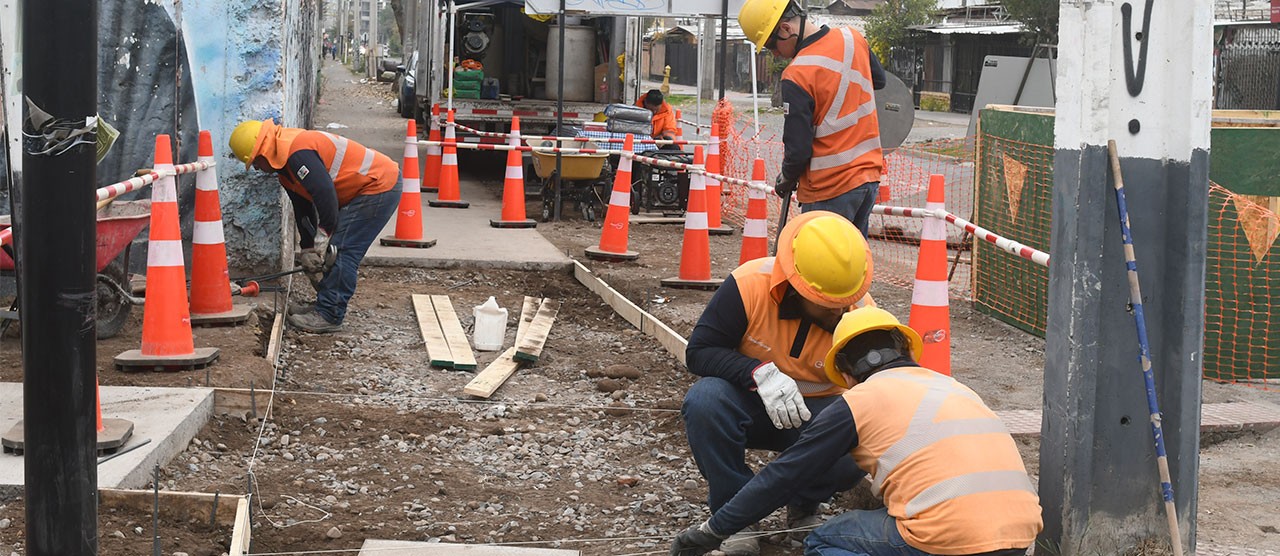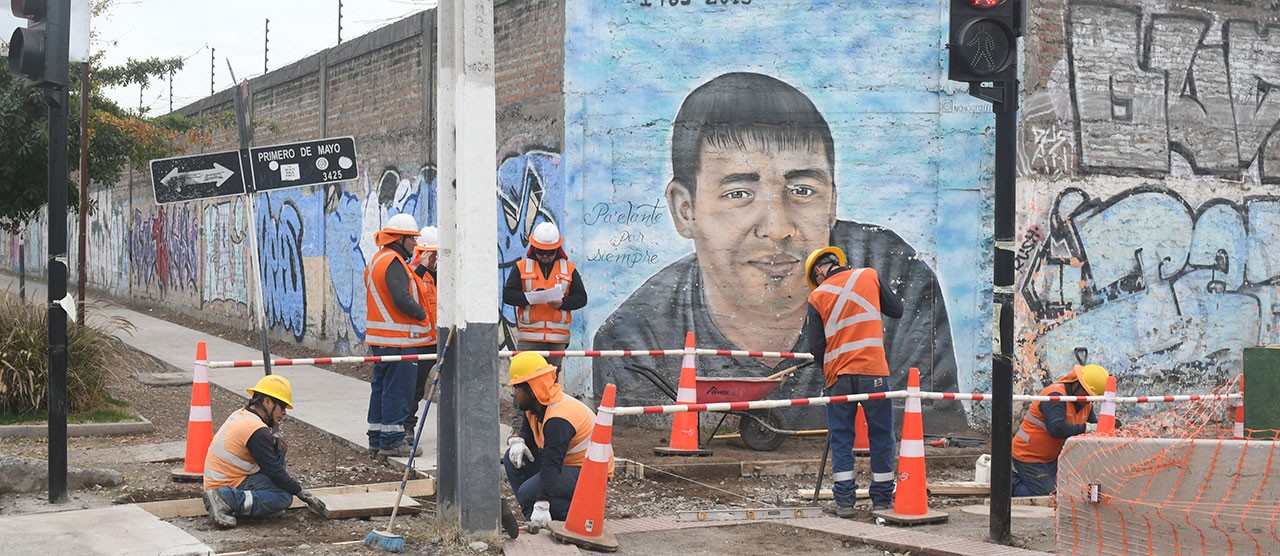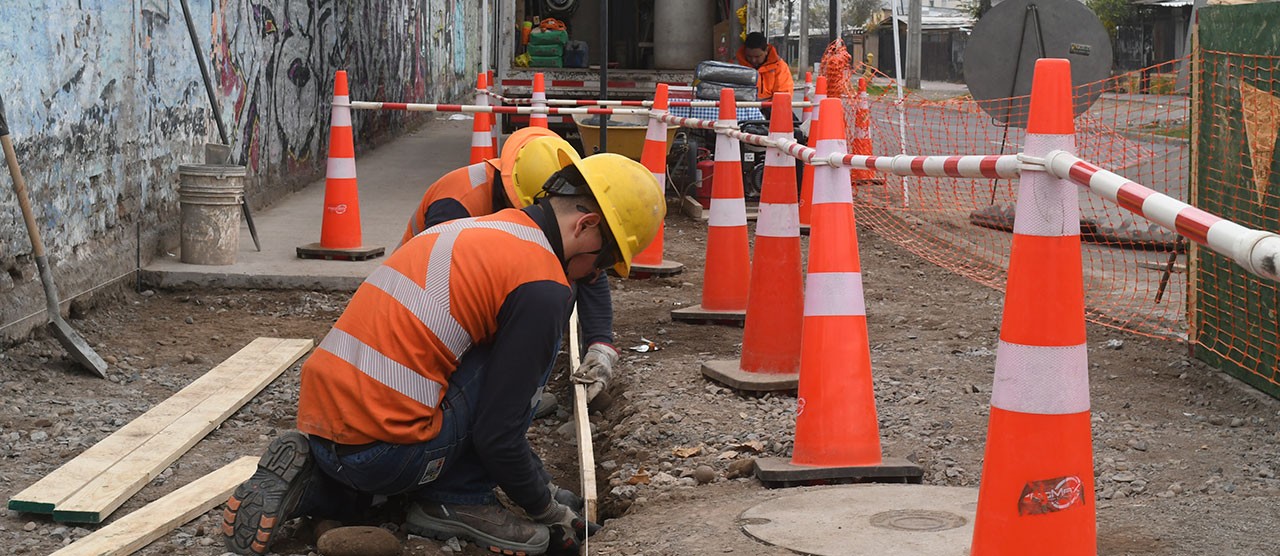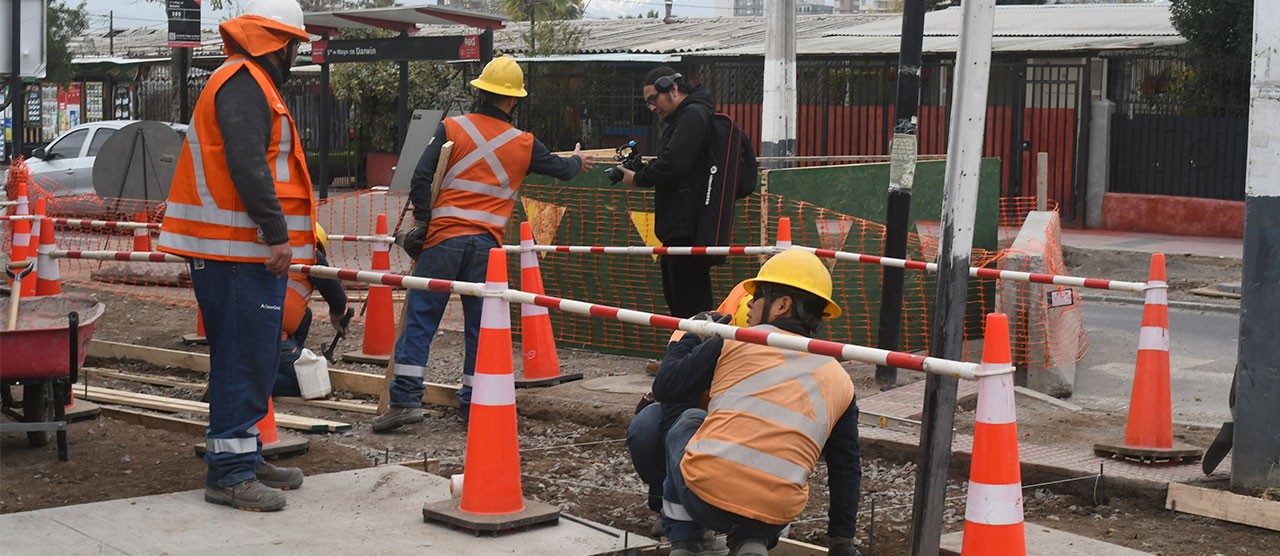- The pilot phase successfully used 8 cubic meters of recycled aggregates.
In the current context of climate change, Enel Distribución has established the protection of natural capital and contribution to sustainable economic development as strategic pillars in the planning, operation, and development of its activities.
A clear example of this commitment was the recent construction of a subway electrical conduit in San Joaquín as part of the company's feeder extension project. Burying electrical networks underground reduces failure rates, thus improving service quality by avoiding interactions with urban trees during weather events.
The removal of overhead wires enhances the area's visual appeal, creating a more cohesive look for the improved corner. This decision is part of the company's efforts to increase the quality of service in its designated areas.
Recycled aggregates were utilized for the first time to backfill the pipelines, demonstrating Enel Distribución's dedication to sustainable practices that exceed regulatory requirements.
"A portion of the project involved using circular materials sourced from construction and demolition waste from other sites. This innovative approach highlights the practicality and potential for scaling up circular economy initiatives in building power grids through collaboration with contractor companies," said Monica Cespedes, HSE environmental specialist at Enel Distribución.
The activity is part of the Sustainable Infrastructure project, which aims to implement sustainable practices in power grid construction projects by efficiently managing construction materials and fostering a close relationship with the local community. In this pilot project, we tested using 8 m3 of recycled aggregates as a subbase for sidewalk replacement. Tests confirmed that this material meets all the regulatory requirements. As a result, we successfully completed the pilot project, demonstrating the scalability of this initiative.
"What they are doing is great because we are in an era in which we have to recycle and reuse everything. That's good; the idea is to move forward," commented Alejandra Henríquez, a neighbor of San Joaquín, reflecting community support for these actions.
Aggregates, such as sand, gravel, and crushed stone, are used in concrete and granular mixtures for infrastructure projects. Currently, there is a significant imbalance between demand and supply, leading to illegal extraction and significant environmental consequences. Recycled aggregates are an alternative proven to be equivalent to natural aggregates, contributing to a substantial reduction in the volume of construction waste.
"The company's initiative reflects its sustainability policy, promoting material circularity to extend their useful life and reduce the need for extracting new natural resources for construction. This is complemented by early engagement with neighbors to ensure a positive social and environmental impact," said Camila De la Quintana, head of Sustainability and Circular Economy at Enel Distribución.
The project shows our daily commitment to reducing and mitigating any adverse effects on the planet, thus protecting present and future generations. Enel Distribución is committed to extending this Sustainable Infrastructure approach to more communities, expanding its reach in all the territories of its concession area.





